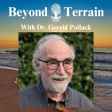
Dr. Melissa Sell on Germanic Medicine (GNM), Conflicts, Conflict Resolution, Biological Adaptation, and More!
This week we are joined by Dr. Melissa Sell to talk about everything Germanic Medicine also known as German New Medicine. We begin with a great overview of GNM, looking at some specific examples that indicate the beautiful relationship between our experience and our biological responses. Dr. Sell explains how the body biologically adapts to conflicts.
We delve deeper into the differences between chronic and acute disease. We touch on the concept of allergies as well, all tied into how our bodies adapt to our experiences. We discuss how to deal with conflicts, through awareness and consciousness. We cannot stop conflicts from occurring, but we can build resilience by learning how to adapt.
We also touch on the GNM perspective of mental illnesses. We also touch on the importance of understanding GNM, how symptoms and experiences are connected.
I hope you enjoy the episode!
Follow me
https://www.instagram.com/beyond.terrain/
https://linktr.ee/beyondterrain
Support the podcast
https://www.buymeacoffee.com/beyondterrain
ETH: beyondterrain.eth
BTC: bc1qqwc470ktgj3l4myqxr5hq67rnlqys0qm98u6f0
How to Support and learn from Dr. Sell
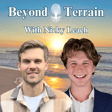
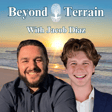

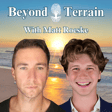


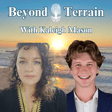




![DNA Doesn't Exist & Genomic Nonsense with Dr. Jerneja Tomsic [Part 2] image](https://media.zencastr.com/cdn-cgi/image/width=112,quality=85/image-files/652933f3a749dc383eb375de/ce5a5fd9-98c9-44fe-9b4b-3d0cd5abcf29.png)


